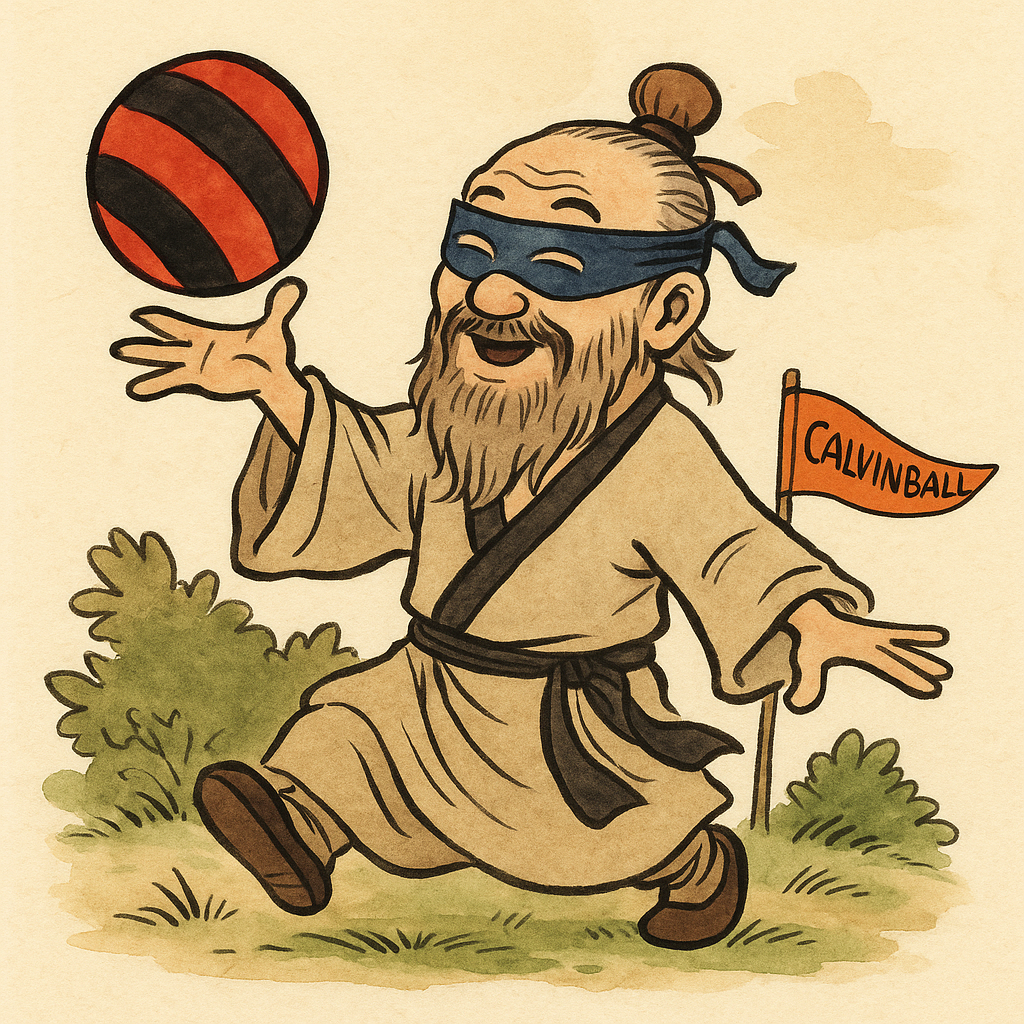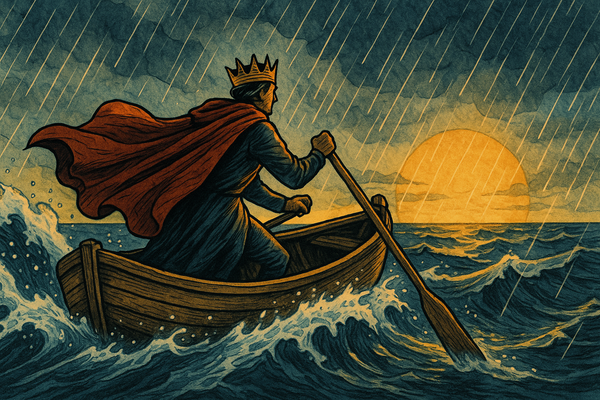Calvinball

Because sometimes politics really is a comic strip
Justice Ketanji Brown Jackson has now enshrined Calvinball into the official annals of the Supreme Court. In her dissent in National Institutes of Health v. American Public Health Association, she reached for Bill Watterson’s mischievous invention from Calvin and Hobbes to describe the Court’s behavior:
In a broader sense, however, today’s ruling is of a piece with this Court’s recent tendencies. “[R]ight when the Judiciary should be hunkering down to do all it can to preserve the law’s constraints,” the Court opts instead to make vindicating the rule of law and preventing manifestly injurious Government action as difficult as possible. This is Calvinball jurisprudence with a twist. Calvinball has only one rule: There are no fixed rules.6 We seem to have two: that one, and this Administration always wins.
The Oxford English Dictionary defines Calvinball as behavior “in not following any discernible rules, or in which individuals act in a self-servingly inconsistent manner.” In other words: politics as usual.

That definition works for the playground. But it also feels uncomfortably at home in public life.
Has Calvinball always been with us, only now amplified by technology, social media, and the 24/7 churn of news? Or is it something new, creeping into our institutions and daily lives in ways we can’t ignore?
Either way, most of us can point to Calvinball in action—not necessarily by ourselves (wink), but by people we know or systems we’ve had to navigate. Few things are more demoralizing than watching shifting rules sabotage work or causes we care about. Calvinball corrodes from the inside out. It eats away at passion, leaving disillusionment behind. What follows is apathy at best, fatalism at worst.
So what’s the antidote?
Zhuangzi.
Where Calvinball breeds cynicism through rules bent for power, Zhuangzi reminds us that life has never truly followed fixed rules in the first place. His vision isn’t about chaos for advantage, but about flowing freely with change—accepting uncertainty without being consumed by it.
Think of his story of the “useless tree”: gnarled and twisted, of no value to carpenters, so it survives untouched. Its very uselessness becomes freedom. Where Calvinball twists rules to exploit, Zhuangzi twists perspective to liberate.
Or think of his butterfly dream: Zhuangzi dreams he is a butterfly, then wakes unsure whether he is Zhuangzi dreaming of a butterfly or a butterfly dreaming of Zhuangzi. The lines blur, and the “rules” of reality dissolve. What could feel like destabilizing chaos instead opens into wonder, play, and freedom.
If Calvinball is a game that rots, Zhuangzi offers a way of living that renews.


